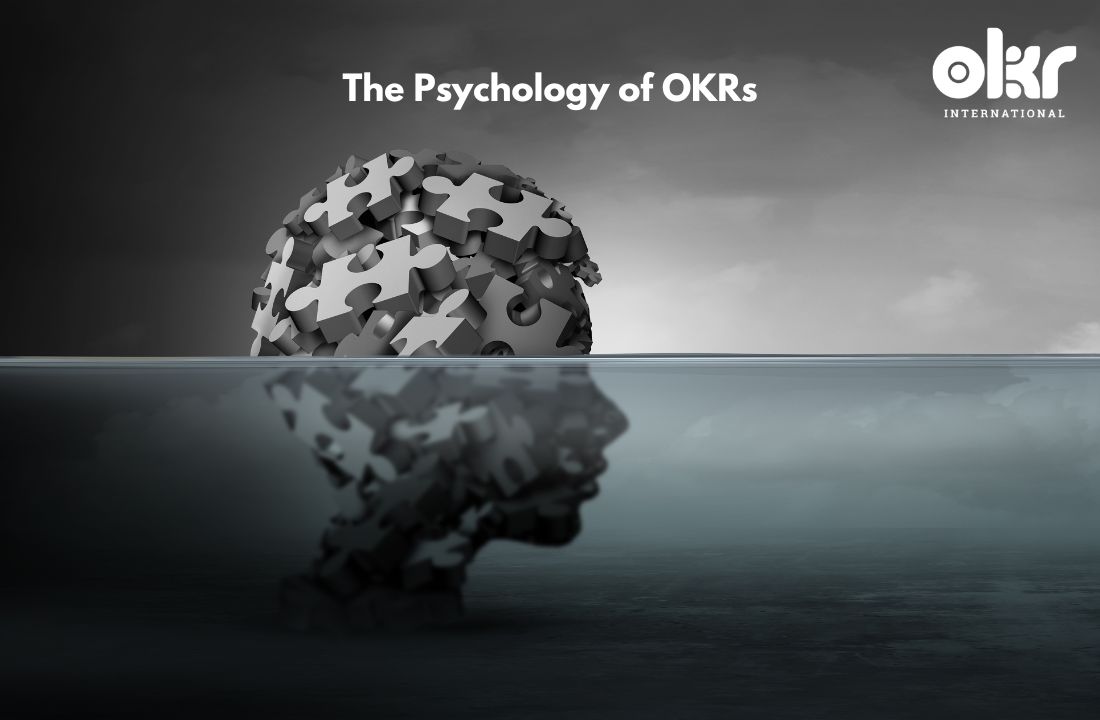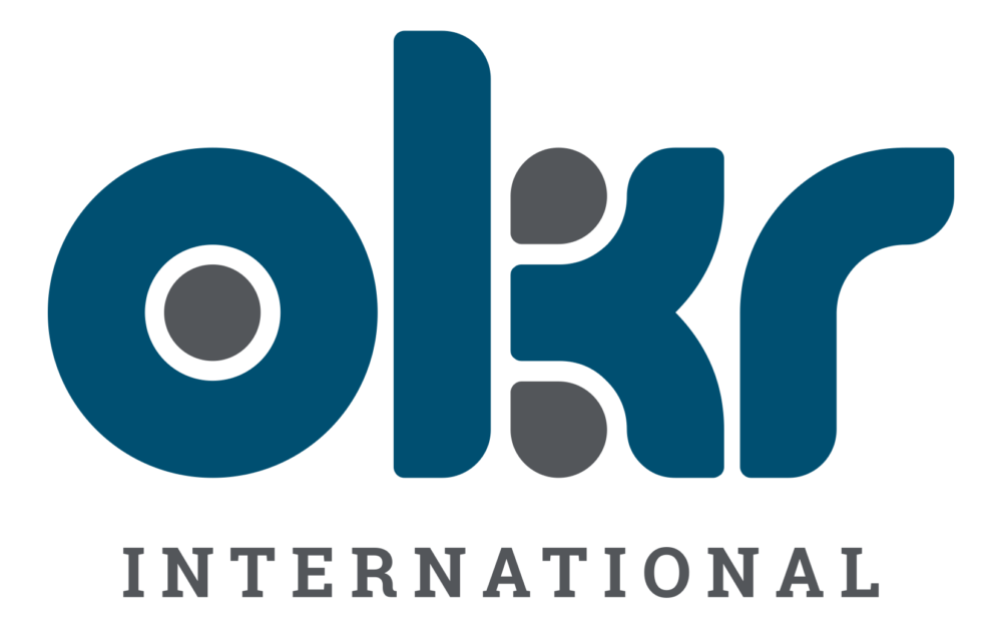The Psychology of OKRs
One might wonder what behavioral science has to do with setting goals– let alone business management frameworks such as OKRs? Is there a certain Psychology of OKRs?
Different branches of psychological science have been studying ‘Why’ people do what they do, ‘How’ they do what they do and ‘Do’ they do what they set out to do. Neuroscientists, behaviorists, socio-economists, and psychologists have produced numerous studies on these topics. And as a Management Consultant, this extensive research hugely excites me.
About OKRs:
For the uninitiated, Objectives and Key Results is rapidly becoming the go-to methodology for organizations to set, track and achieve ambitious goals. Most organizations (Google, Intel, LinkedIn, Adobe, etc.) report that this framework has enabled exponential success. And, unlike plug-and-play management models, OKRs are deceptively simple, making it *very easy* for any organization to get it wrong.
For any organizational system to work, it takes collective human effort to draft, collaborate, decide, and execute goals. Therefore, to set OKRs, you need to be conscious of factors that enable or come in the way of effective goal setting.
1. Challenging goals pump up our Blood Flow.

This enhanced spike as seen in our systolic blood pressure (Stern & Balcetis, 2013) increases our zeal to achieve those goals. That’s what we’re looking for in every OKR setting – that sweet spot between doable and extremely difficult. A substantial palpable energy is created when done en masse in an organization. And, OKRs act as the framework that directs this energy towards goal fulfillment.
2. Artifacts reduce anxiety.

Another research shows that artifacts or implementation intentions such as milestones, key results, regular check-ins, and dashboards, reduce anxiety. Actually, there’s a reason why all competitive sports have scoreboards – they boost serotonin and give players a reason to keep performing as they lead to a perceived proximity to a futuristic goal.
The ‘70% is the new 100%’ target gives individuals a sense of challenge and hope. Even though the goal may be moonshot, the act of constantly talking about the progress towards it helps reduce anxiety. There is a sense of liberation when OKRs are delinked from compensation. It reduces the assumed ramifications of failure. OKRs allow for failure to happen, where learning isn’t just given lip service, but actively tracked and celebrated.
3. Consensus builds Trust.

Trust is a combination of two factors:
1- Emotional Trust
2- Rational Trust.
Rational trust is built when team members live up to their commitments.
Emotional Trust is built on quality of relationships, transparency, inclusion, and motivation to trust others.
In the OKR world, the collaborative method of setting goals increases commitment of the team. It’s a given that collaboration brings meaning and adds value to the way team members perceive their job. The OKR meeting formats encourage individuals to speak up and constantly connect what they do with their colleagues (top, bottom and cross functional). This builds sense of community and belongingness to the organization, which results in team members trusting one another.
4. Our brain loves short-term goals.

If the goal seems too far-off, broad or unimaginable, the medial prefrontal cortex activation lowers significantly. This is why we may lose interest in sticking to the goals or lose the vision of what might be the best ways to achieve them. Thankfully OKRs are short term, cyclical and have ways to ensure everyone stays constantly abreast. They help everyone involved to have a clear sight of the end goal. The KRs act as the visible and felt part of the Objective. This makes the OKR goals more relatable and imaginable. Moreover, when you start winning (no matter how small), your brain releases dopamine, wanting you to only achieve more and more.
5. Our Neural Pathways improve.

When a goal is set, it is first achieved in your mind. And the process of goal creation strengthens the neural pathways that eventually lead to goal fulfillment. What this means is that the OKR process prepares our minds to pick up information that makes achievement possible. Many of us have heard about the concept of the Self Fulfilling Prophecy. Well, science supports it as well. The groups of brain cells called the Reticular Activating System (RAS) picks up information relevant to what a person is focused on.
For example: If you have decided to buy a particular model of a car, you will notice and pay attention every time you see that model on the road. Before this, you may have completely ignored the thousands of times those cars zoomed past you. This dogged focus, and the many artifacts of writing, planning, talking about, and checking one’s OKRs helps build those pathways in your brain.
The power of OKRs is nothing without Agile Leadership. OKRs have taken the best of goal management methodologies and inadvertently created a powerful system that leverages on behavioral psychology as well. The critical factor is to ensure that you create an OKR framework that allows for the above positive factors to thrive.
I have seen many organizations create short cuts when implementing OKRs, believing that the methodology itself will bring exponential growth. But little do they realize that it is these human factors, that, if tapped into correctly by agile leaders, that create energy and rigor.
Kenneth Paul Lewis is the Managing Partner & Co-founder of OKR International – one of the leading OKR services in the world. He is also an investor, serial entrepreneur, change management expert and leadership coach.



